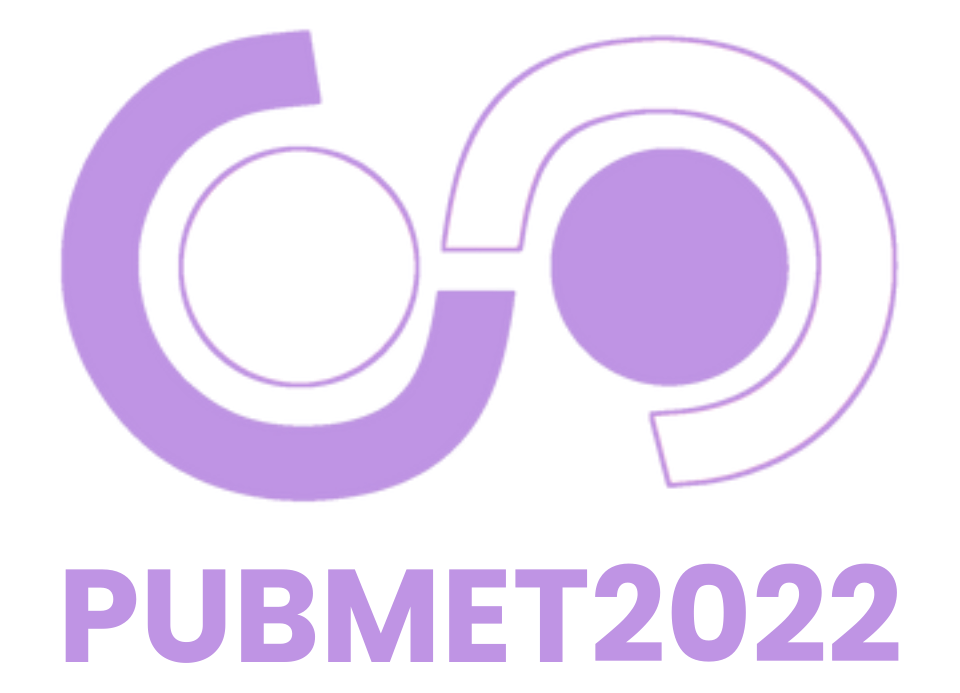Characteristics and rankings of the European universities that support the library crowdfunding model for Open Access monographs

Introduction
Several business models have emerged for Open Access (OA) monographs, including library crowdfunding (Collins, 2015; Speicher, 2018). Researchers have stressed the importance of collaboration in OA (Deegan, 2017), so it is no surprise that this model—which is based on libraries collaborating to fund the publishing of OA monographs—is considered innovative and possibly sustainable long-term (Leach-Murray, 2017). It encourages academic libraries to share the cost of publishing peer-reviewed OA monographs in various fields to take the burden off researchers having to pay (Reinsfelder, 2018). The model only works if libraries agree to participate for the benefit of the global research community (Ferwerda, 2014). Well-known initiatives of this kind include Knowledge Unlatched (KU), Reveal Digital, and UnGlue.It (Bulock, 2018).
Purpose
The study investigates the model’s sustainability from the perspective of institution profiling and with the goal of determining what factors may contribute to the institutions’ interest in supporting the model beyond the already-established factors (i.e., budgets, relevance of content, principle). The study relies on the elements of the innovation diffusion theory (Pinfield et al., 2021) since OA is still considered an innovation in scholarly communications and the library crowdfunding business model for OA monographs, in particular, represents innovation in how OA monograph publishing is funded. By taking a closer look at the institutions that participate in crowdfunding for OA monographs, we can identify the types of the institutions that may be considered the ‘early majority.’
Methodology
This research is conducted as an instrumental case study that traces the rankings of 124 European institutions that have supported or not supported KU’s crowdfunding initiative for OA monographs over the course of five years (2016-2020). The representative sample includes institutions from a wide range of countries of Western and Northern Europe known to participate in crowdfunding and from Eastern Europe known not to participate or to rarely participate. The study relies on the data provided by three world ranking sources—THE World Rankings, Academic Ranking of World Universities, and QS World University—and focuses on six categories: overall world ranking score, research output score, citation score, the international outlook score, student size, and faculty size.
By examining the characteristics of various types of ‘adopters’ identified by the innovation diffusion theory—i.e., the universities that participate in crowdfunding—the study seeks to answer two main research questions: 1) What types of institutions support library crowdfunding for OA monographs? and 2) What are the traits of the institutions in the context of their world rankings?
Findings
Aside from known factors influencing institutions’ readiness to participate in crowdfunding for OA monographs—including institution’s budgets, relevance of content to the institution, and belief in the tenants of the OA movement—the most reliable factors for determining the types of institutions that have adopted crowdfunding include the institution’s overall world ranking, research output, citations impact, and international outlook. The institutions more likely to participate in crowdfunding are highly ranked overall and stand out for their scholarly contributions, particularly in relation to research output and international outlook. Data relating to student size and faculty size are not the strongest indicators.
Limitations
The study is guided by the assumption that the institutions ranked by all three sources put significant effort into cooperating with the ranking organizations to make sure they appear on all lists. However, this does not imply that the institutions not ranked by all three sources do not warrant a closer analysis in the context of their support of this model. There could be a number of reasons why an institution is not ranked by one or all three sources. Only those institutions ranked by all three sources are included.
Further, this study relies on the data of only one of several existing crowdfunding initiatives for monographs. KU data was analyzed as it was publicly available and spanned several years. Future studies should take into consideration other initiatives of this kind. Further studies should also explore various other types of innovations in the OA space, as crowdfunding is only one of various approaches to financing the publishing of OA content.
Contribution
Librarian surveys have already established that institutions’ budgets are a strong reason why libraries in different countries participate or choose not to participate in crowdfunding initiatives for OA monographs (Roncevic, 2021). Surveys have also established that one of the main reasons institutions participate is the librarians’ beliefs in the very principle of OA. They are also more likely to support the OA content closely tied to their institution’s research interests. However, no studies have to date used university ranking sources to profile the institutions supporting crowdfunding in an effort to understand the types of institutions that support OA beyond the size of their budgets and discipline focus.
The main theoretical contribution is achieved by considering the model from the basis of the innovation diffusion theory, since library crowdfunding is viewed as an innovation in the OA space. Therefore, the study examines if the institutions most likely to adopt crowdfunding are the most highly ranked and research-intensive.
Mirela Rončević
University of Zagreb
Zagreb, Croatia
ORCID ID: 0000-0002-1283-9642
